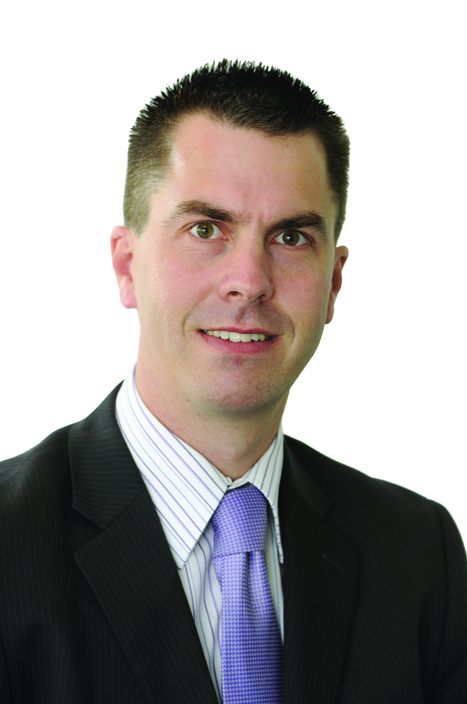By Chris Downing, Product Director, Accountants, Sage
No profession is immune from the seismic changes being wrought by digitisation. This revolution has been particularly felt in the accountancy sector, where long-established ways of working have been swept away by new reforms and regulations such as Making Tax Digital (MTD) and GDPR.
But practitioners don’t just have a duty to adopt new digital skills and processes; they must also help their clients to master them too. They will struggle to do this if they haven’t already made significant progress in their own digitisation journey.

The good news is that Sage’s Practice of Now 2019 report paints a picture of a profession that has already made great strides towards building the practice of the future. Half have formally examined their business practices in the last year, with a further quarter having done so in the past five years.
The increasing digitisation of tax – especially when mandated by governments or regulators worldwide – is among the chief reasons for accountancy practices to evaluate their business practices. And while there might have been some pain involved in adopting new digital-first practices and acquiring the necessary skills, the move to digitisation has brought transformational benefits to accountants who have mastered them.
And master them they certainly have – for the most part. Our research shows that the majority of respondents who took part in our research have achieved greater productivity through adopting new technologies, while for more than a quarter the biggest benefits have been time savings that enable them to focus more on their customers.
Even more encouragingly, it seems that the profession isn’t content to rest on its laurels, with over half looking forward to adopting artificial intelligence applications in the next three years, helping them to cut down some of the drudgery involved in data entry and routine communications by automating many of these processes.
Digital technologies – both those already in use and those on the horizon – are enabling practices to receive, process and communicate data far more efficiently than before, while enabling them to engage with clients more often (and more accurately).
There is certainly more work for accountants to do, and not just within their own businesses. The opportunities presented by new technologies are not limited to delivering efficiencies and better compliance, important as these are, but in strengthening the relationship between accountants and their clients.
To outsiders, accountants are sometimes seen as number-crunching functionaries. We know, of course, that they can play a crucial consultancy role, partnering with clients to improve their own internal practices, strengthen compliance, and reduce the cost and complexity of financial administration.
As accountants look to the future, they need to give careful thought to how they can share the lessons and best practices that they have acquired over the last few years. They must help clients as they digitise their own finances and learn how to integrate data streams from across the business.
Accountancy practices need to become their clients’ coaches, taking time to understand their particular pain points and recommending technical solutions to these problems. This will be impossible unless accountants have mastered the same technologies themselves and can act as an exemplar for best practice.
The benefits of the great digital leap forward are too important to remain locked up within accountancy firms. If clients are the biggest influence on their practice’s culture – as our research has shown – then accountants need to concentrate their efforts on helping their clients extract the same value out of digital technology that they have enjoyed. That’s why accountants should work with their software partners to ensure that they achieve full mastery of technology, before sharing this knowledge with their clients for to achieve deeper, more fruitful future relationships.

